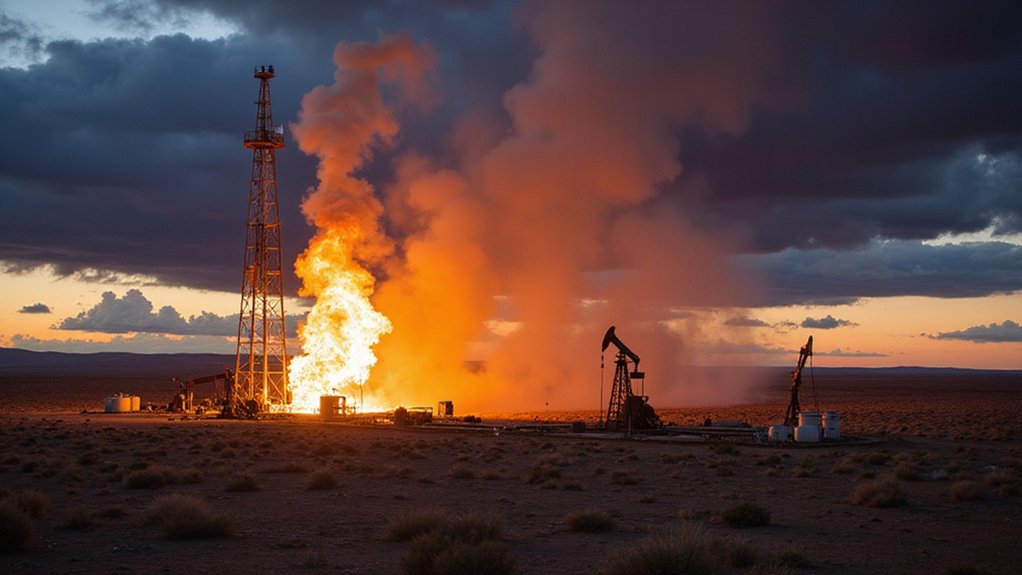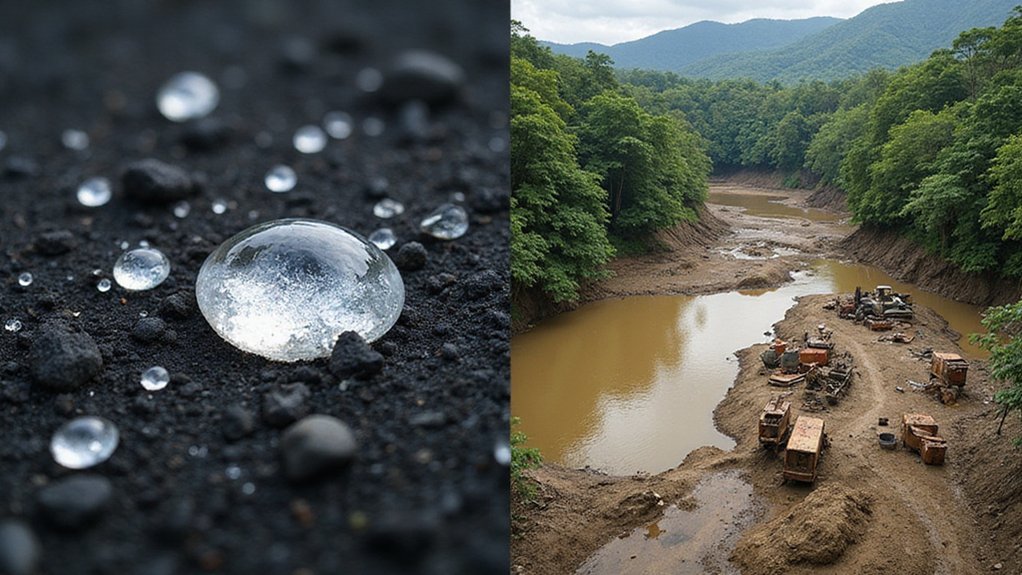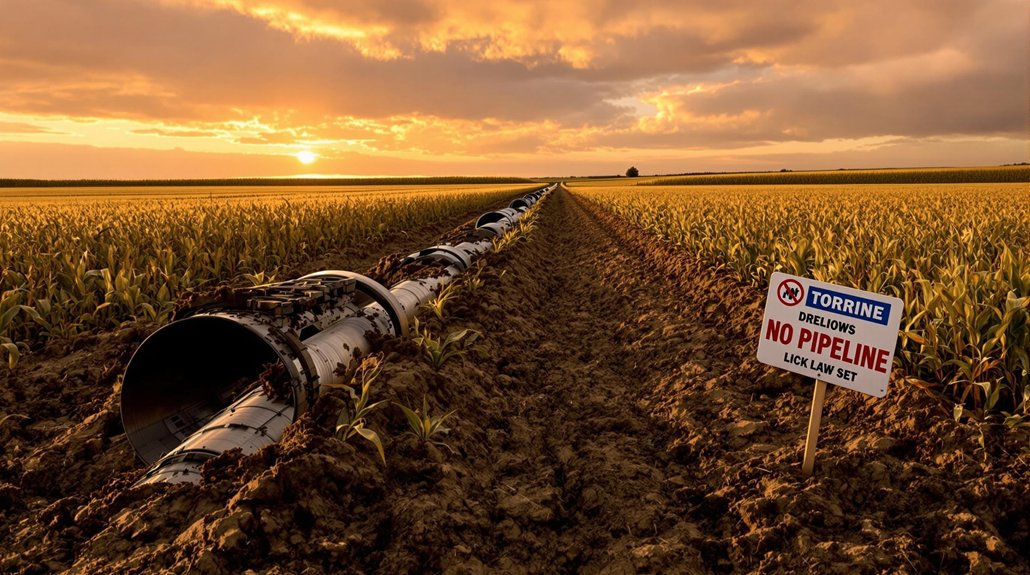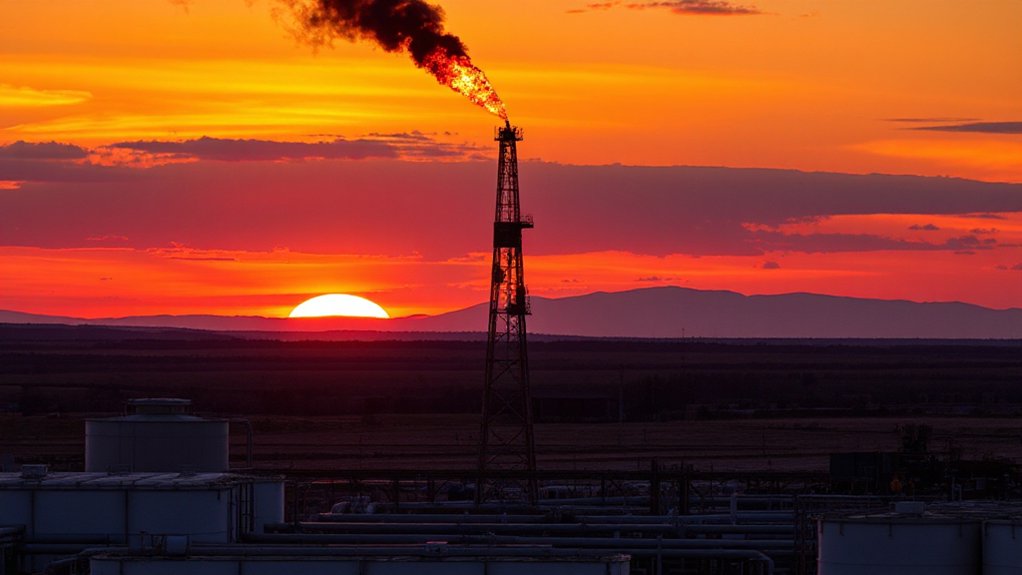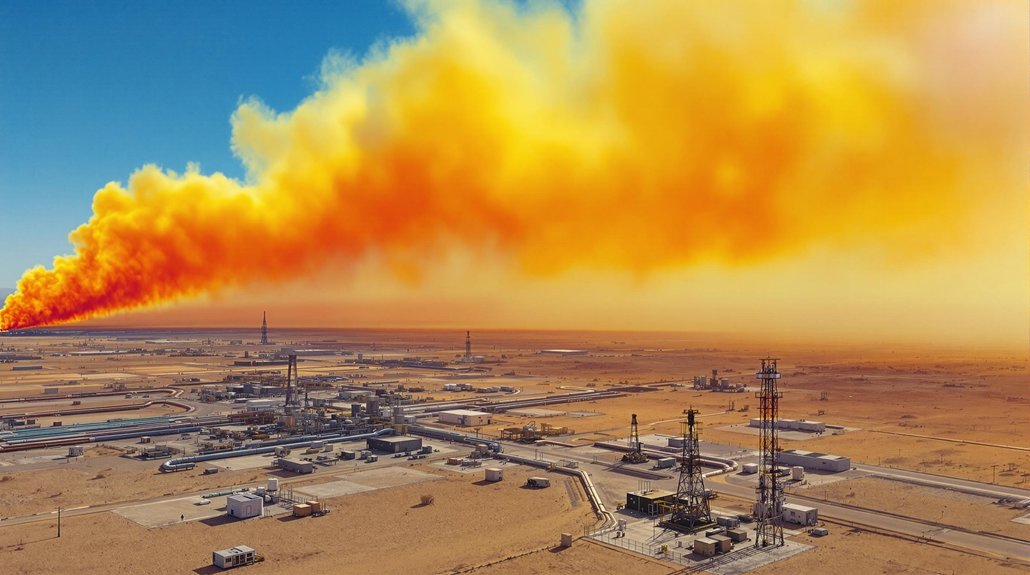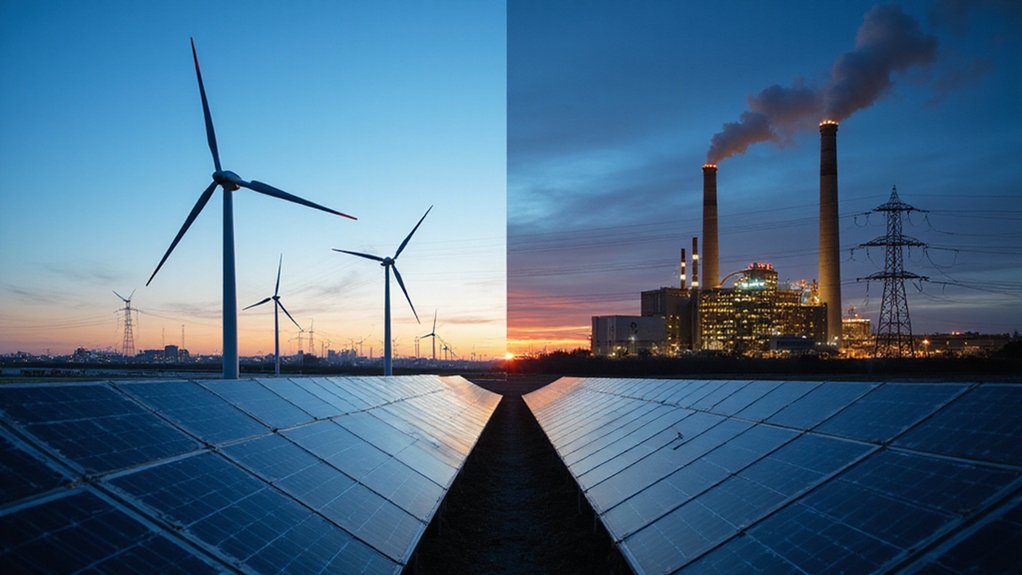Nearly four times more methane spews from America’s oil and gas operations than the EPA officially recognizes. This stunning gap isn’t just some statistical curiosity—it’s a climate emergency hiding in plain sight. Operators are blowing past their own emissions reduction targets by a factor of eight. Oops.
America’s methane crisis isn’t a measurement error—it’s a catastrophic failure concealed by industry denial and regulatory blindness.
Methane packs a serious punch in the climate fight, responsible for about 30% of global warming since the Industrial transformation. It’s way more potent than carbon dioxide in the short term, which means cutting it now delivers immediate benefits. But how can we cut what we can’t even measure properly?
The old system relied on companies fundamentally saying, “Trust us, we’re barely leaking anything!” Turns out that was nonsense. Now, advanced monitoring tools like MethaneAIR and MethaneSAT are catching the industry red-handed. These programs have already identified the worst offending regions—areas responsible for 70% of U.S. onshore oil and gas production.
The energy sector accounts for over 35% of all human-caused methane emissions globally. In America, oil and natural gas operations lead the pack. The aggregate emissions observed across major basins reach a staggering 7.5 million metric tons per year. Abandoned wells leak like sieves, adding insult to injury.
Recent data shows global methane emissions hovering around 32.24 million tonnes monthly. January 2025 marks one of the first year-on-year declines since the pandemic. A promising sign? Maybe. But U.S. energy-related emissions remain volatile. The economic impact is equally troubling, with social costs from climate damage totaling $9.3 billion annually.
Meanwhile, demand for accurate methane data is exploding from all sides—regulators, investors, companies, and the public. Climate TRACE’s database now provides monthly updates on emissions from every major sector and country with only a 60-day lag. Everyone suddenly wants the truth. Funny how that works.
The question looming over America’s climate future is whether political changes will derail this newfound transparency. Will regulators continue pushing for accurate reporting and aggressive reductions? Or will industry-friendly policies roll back progress? The answer matters enormously. Because with methane, what we don’t see is absolutely hurting us.
References
- https://www.edf.org/media/new-data-show-us-oil-gas-methane-emissions-over-four-times-higher-epa-estimates-eight-times
- https://climatetrace.org/news/climate-trace-begins-monthly-data-releases-with-new
- https://www.eia.gov/outlooks/steo/report/total.php
- https://www.iea.org/reports/global-methane-tracker-2025
- https://www.epa.gov/ghgemissions/inventory-us-greenhouse-gas-emissions-and-sinks
